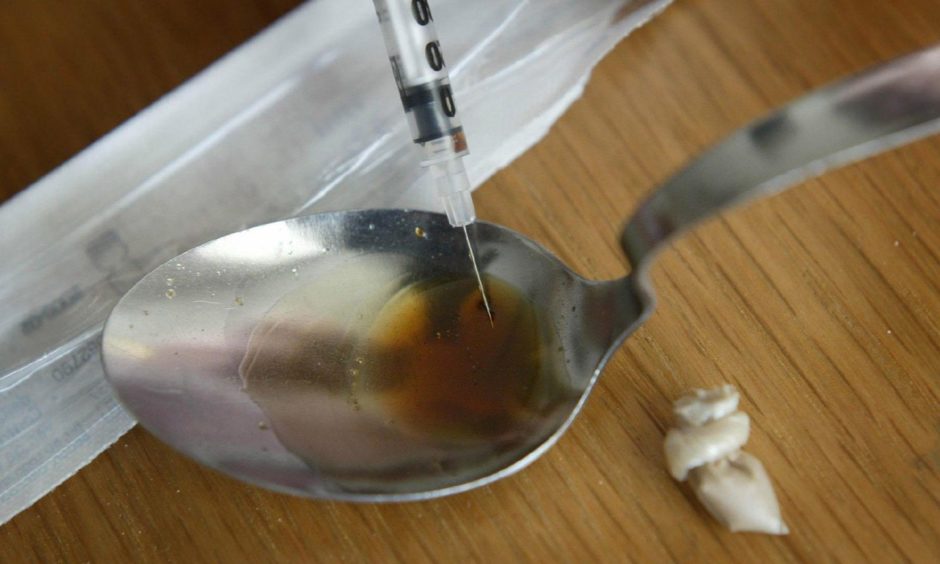Individuals caught in possession of heroin should be supported into treatment as Scotland cannot “arrest its way” out of the drugs death crisis , says drug policy minister Angela Constance.
Lord Advocate Dorothy Bain announced in the Scottish Parliament on Wednesday that people caught with class A drugs such as heroin will be offered a police warning instead of prosecution in a radical justice shake-up.
Ms Constance told BBC’s Good Morning Scotland that the focus should be on “reducing demand for drugs, as well as supply” by moving towards a public health response.
Some MSPs complained that such a major policy change should have been the subject of a proper debate rather than a statement in the Scottish Parliament.
However, the SNP drug policy minister said the matter was “entirely within the discretion of the lord advocate”.
Jamie Greene, Scottish Conservative justice spokesman, told the BBC the party had an issue with “the way and manner in which the announcement came about which we believe effectively decriminalises the possession of class A drugs”.
‘Smart use of the law’
However, Ms Constance said the “very significant statement” showed the lord advocate “recognised the extent of the public health emergency we face in Scotland”.
She added: “It is an example of how we can tailor our criminal justice system to be more proportionate and be more timely and a more smart use of the law.”

In June, the Scottish Parliament expressed its support for Scotland’s top legal officer to review guidance around recorded police warnings.
Police Scotland officers already have the power to give those in possession of class B or class C drugs an official warning but this will be extended to include class A substances.
The move will not apply to drug supply offences and the the lord advocate stressed it does not amount to formal decriminalisation.
‘Massive shift in policy’
Mr Greene told the BBC the change represents a “massive shift in policy” around “very dangerous drugs” such as heroin and crack cocaine.
He added: “I don’t believe that decision to send warnings for possession sends off the right message.
“Certainly it sends off the wrong message to dealers who are using these vulnerable drug users that ‘it’s fine you’ll get away with it, having small volumes of drugs on you isn’t a problem’.”
However, Ms Constance said she did not think the move means the “deterrent effect has been taken away” for those using class A drugs.
She added: “We are following the evidence of what works. Amongst stakeholders, experts and crucially, those with lived or ongoing experience, and what they will all talk about at varying degrees is the importance of help and support.”
‘Not a silver bullet’
Annemarie Ward, CEO of the charity Faces and Voices of Recovery welcomed the announcement but wants to see resources put in place to match the commitment.
She added: “We have to be careful not to view this as a silver bullet. I think this move will help ultimately but it won’t help people get well on its own and it will not save lives on its own.
“It has to be accompanied by increasing access to treatment and rehabilitation or nothing will change.”

